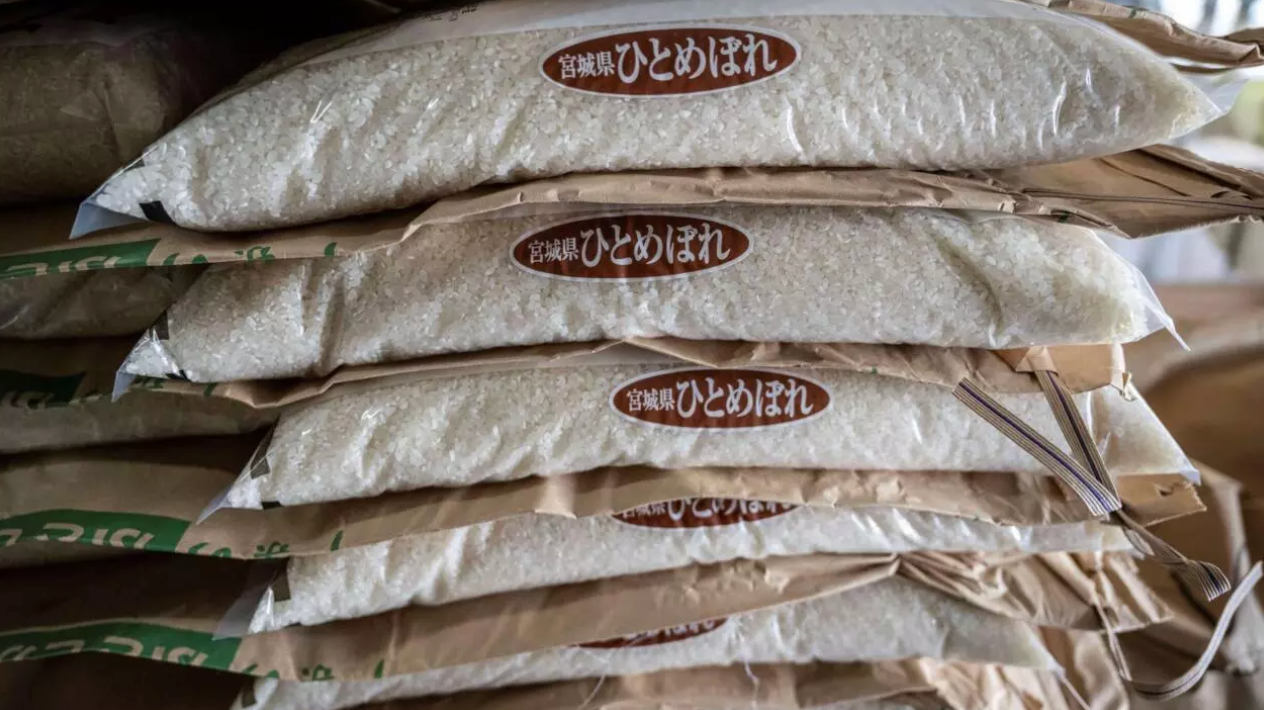Unbelievable story in a developed country: Japanese people face rice price increase of nearly 100% in just 1 year
Rice prices in Japan jumped 99.2 percent in June from a year earlier, official data showed on July 18, adding to pressure on Prime Minister Shigeru Ishiba ahead of a crucial election this weekend.

The price of rice, a staple in Japanese meals, is at the center of the country’s cost-of-living crisis. According to data from the Ministry of Internal Affairs and Communications, rice prices in June increased 99.2% compared to the same period last year, continuing a series of rapid price increases from previous months: 101% in May, 98.4% in April and more than 92.5% in March.
The sharp rise in rice prices comes amid signs of cooling overall inflation. Japan’s core inflation rate, which excludes volatile fresh food prices, fell to 3.3% in June from 3.7% in May.
Public dissatisfaction with the cost of living, especially rice prices, coupled with scandals within the ruling party have sent support for Prime Minister Shigeru Ishiba's administration to its lowest level since he took office last October.
The 68-year-old leader's coalition lost its majority in the lower house of parliament in October's election, the worst result in 15 years for the Liberal Democratic Party (LDP), which has governed Japan almost continuously since 1955.
Opinion polls ahead of Sunday’s Upper House election (July 20) show the ruling coalition is at risk of losing its majority in the upper house, a scenario that could force Mr. Ishiba to resign after less than a year in office.
To complicate matters, Prime Minister Ishiba is under pressure to reach a trade deal with the US before new 25% tariffs take effect on August 1. Japan’s key exports of cars, steel and aluminum to the world’s largest economy are already subject to painful tariffs.
US President Donald Trump wants Japanese companies to increase production in the US and Tokyo to buy more US goods - especially gas, oil, cars and rice - to reduce the US's $70 billion trade deficit with the Asian powerhouse.
Mr. Ishiba has sent trade envoy Ryosei Akazawa to Washington seven times to try to broker a deal. He is scheduled to host U.S. Treasury Secretary Scott Bessent today.
Experts point to a number of reasons for the price spike. A brutally hot and dry summer two years ago damaged crops across Japan, causing shortages. Since then, some traders have begun to speculate, hoarding rice for profit. The problem was exacerbated by panic buying last year after a government warning of a potential "mega-earthquake" (which never materialized).
Faced with this situation, the Japanese government had to take a rare measure of releasing emergency reserves since February, an action usually only taken in disasters.
The Bank of Japan has been tightening monetary policy since last year as inflation rose, but concerns about the impact of US tariffs have forced it to take a more gradual approach.
